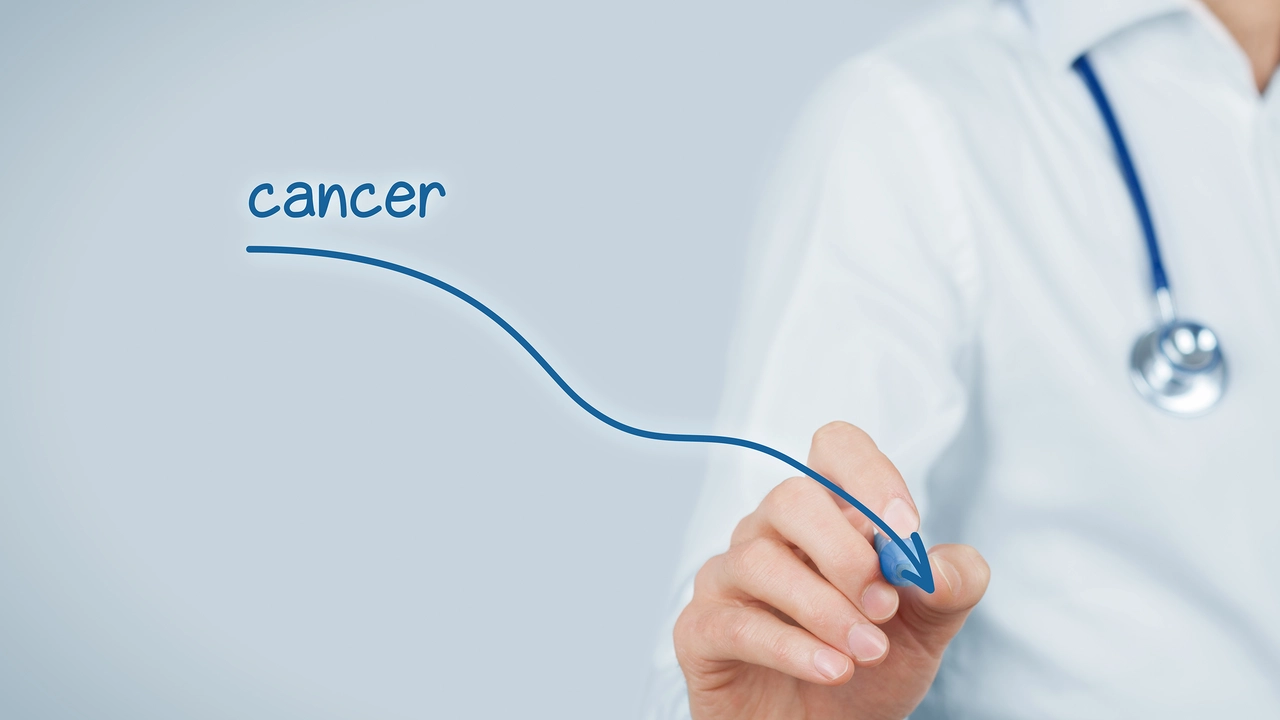Cancer Prevention: Practical Ways to Cut Your Risk
Worried about cancer? You don’t need a medical degree to make choices that help keep it at bay. Small changes in what you eat, move, and check on your body add up fast.
Everyday Habits That Help
First off, think food. Load your plate with colorful veggies, berries, whole grains, and beans. These foods are packed with fiber and antioxidants that fight cell damage. Swap sugary drinks for water or green tea – the less sugar you sip, the lower your risk.
Next, get moving. You don’t have to run marathons; even a brisk 30‑minute walk most days makes a difference. Exercise helps control weight, hormone levels, and inflammation, all of which are linked to cancer.
Don’t forget the sun. A little sunshine is good, but too much can burn your skin and raise skin‑cancer odds. Wear a hat, use SPF 30 or higher, and reapply every two hours when you’re outdoors for long periods.
If you smoke, quit now. Smoking fuels many cancers, not just lung. Even cutting back dramatically lowers the danger over time. Need help? Talk to your doctor about nicotine patches or counseling.
Screenings and Check‑Ups
Seeing a doctor for regular screenings is a game‑changer. Tests like mammograms, colonoscopies, and pap smears catch early signs before they turn serious. Follow the schedule your physician recommends – most guidelines start at age 40‑50 depending on family history.
Know your family’s medical story. If close relatives had cancer early, let your doctor know. You might need earlier or more frequent checks.
Vaccines also play a part. Shots against HPV and hepatitis B protect against cancers caused by those viruses. Talk to your healthcare provider about getting vaccinated if you haven’t already.
Lastly, keep stress in check. Chronic stress can mess with hormones and immune function. Simple habits like deep breathing, short walks, or chatting with friends can lower stress levels.
Putting these pieces together doesn’t require a complete life overhaul. Pick one habit to start – maybe swapping soda for water – then add another each week. Over time you’ll build a routine that keeps cancer risk low and your health high.
- Archer Pennington
- 12
Cancer Prevention: Lifestyle Changes to Reduce Your Risk
In my recent blog post, I discussed the importance of lifestyle changes in cancer prevention. By adopting a healthier diet, limiting alcohol, avoiding tobacco, and maintaining an active lifestyle, we can significantly reduce our risk of developing cancer. Regular medical check-ups and getting vaccinated also play a critical role in early detection and prevention. It's important to realize that, while we can't control all factors that influence cancer, a lot is in our hands. So, let's empower ourselves by choosing a cancer-averse lifestyle.
Read more
